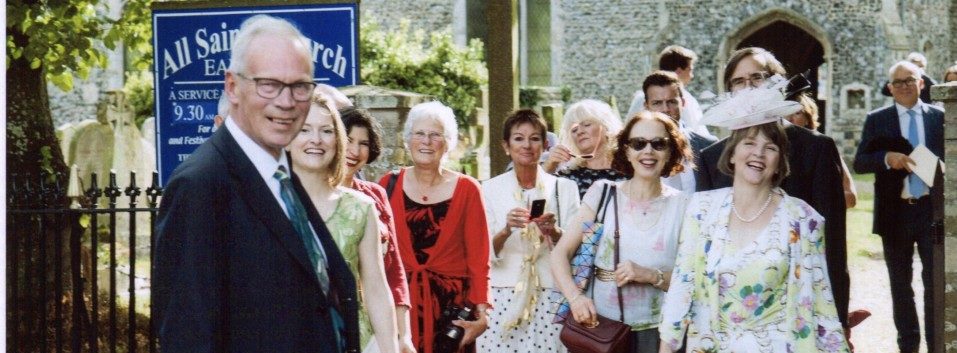One thing that is really lovely about my grandchildren is that they never bicker – that is, siblings might sometimes, but the cousins never do. They all get on really well – as do the adults. Al and Dilly came early to shift more wood onto the bonfire, using Al’s truck. Al was sure it would take ages to get going, as the wood was quite wet, but it burned fiercely quite quickly. It was old wood and there was no sap at all, the wet was superficial. The fireworks were very good and plentiful; we got hungry before the end and went indoors to eat – we meant to set off the last ones afterwards but didn’t get round to it – they’re colourful rather than noisy, so we can do it another time when we’re feeling jolly, without upsetting the neighbours.
As always on this day, I listened with sadness and much reflection to the list of men from this village who were killed in the first world war. I always write about it, my apologies for labouring the point, but this is a very small village and twenty-five men were killed. It shocks me afresh every year.
When I was a child, I read a book, Period Piece – A Cambridge Childhood, by Gwen Raverat and she described how, in her Edwardian childhood, her brothers had German friends who came to visit regularly. And in the summer of 1914, they had to leave early because they were called back, as war seemed imminent. Gwen’s mother said to them, she was sure it would all blow over and they would be able to come back soon. One of the young men said, “You don’t understand, Mrs Darwin*. We want war.” And yet, they were friends and indeed, Germany and Britain were, essentially, friends. Beyond my understanding.
The other quote from the same book that I remember (of course, I may be quite wrong) is on the lines that “When I was a child, the peaches were kept for the grown-ups. Now, I am grown up myself, they are given to the children.”
*Gwen’s maiden name, with thanks to Jan for helping me.
Jan also reminded me of the splendid line “The parent is always wrong” – she was probably the first person to use it, but by no means the last.
I really must search out my copy of the book, I know I have it somewhere.

The commemoration of the first War moves me beyond description, every year. That of the second one, less so – it angers me, if anything. That’s weird, isn’t it? Rationally, you’d expect the opposite.
I don’t think I can ever bear to read or watch another book or film on the Holocaust.
Sadly, I think the scene in the novel you describe, condenses it well : They wanted it. Willy, in the end, was a weak and stupid man. I only hope that at least some people, who are active in politics today, have a historical understanding and look in the reasons and causes – and in the longtime results of this war.
I think current and recent historical events demonstrate that nothing has been learned. The book I mention – whether it was that one or not, I will turn up my copy sometime and check – was a memoir and a direct quote. Too sad and distressing for words, even a century later.
The book is “Period Piece”, and it’s her memoir of her childhood in Cambridge. Gwen’s maiden name was Darwin, and she married the artist Jacques Raverat. She was an artist and wood engraver. My favourite quotation of hers is “The parent is always wrong”.
Of course it was, thank you so much. It was Period Piece with A Cambridge Childhood underneath. I could have googled that, couldn’t I? But I knew a clever person would put me right and I’ll change it. Thanks again 🙂
It’s available, complete with her quirky illustrations, at at http://www.gutenberg.ca/ebooks/raveratg-periodpiece/raveratg-periodpiece-00-h-dir/raveratg-periodpiece-00-h.html. A real gem.
That is wonderful, the whole book! Thank you. I’ll still try to find my copy first, but if not, I can at least read it again.